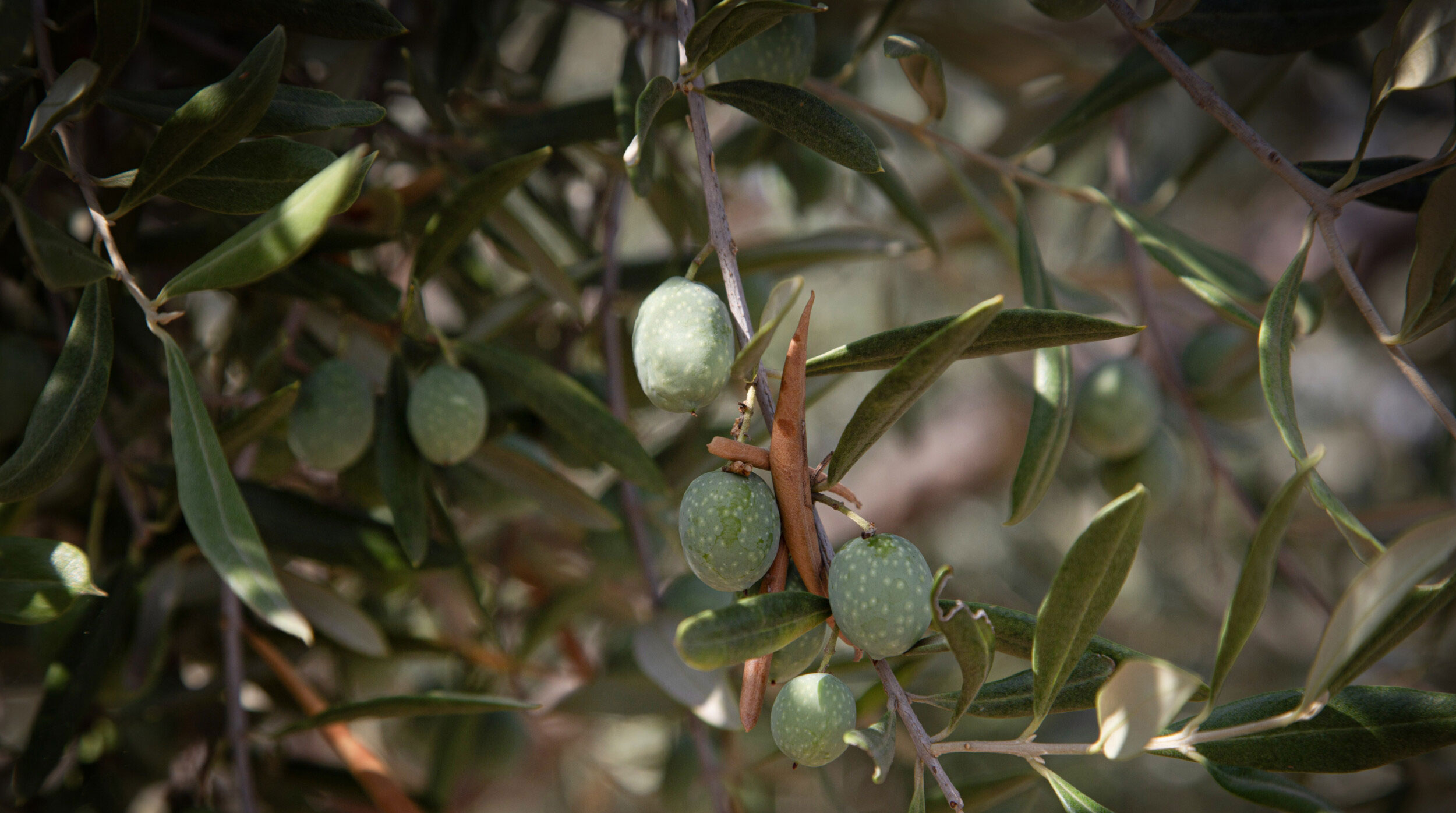Between false myths and enemies of certified Extra Virgin Olive Oil: discovering the truth with Ecceasia for an informed and conscious choice
Extra virgin olive oil (EVO) is one of the products that is often the subject of misunderstanding, especially in terms of nutrition and healthy eating.
Is it possible that such a treasure for a balanced diet is too often overlooked?
The Three-Year Information Program “Ecceasia: European Olive Growing Excellence in Asia,” designed to promote the consumption of European PGI, PDO and BIO Extra Virgin Olive Oil in Japan and Taiwan, aims to increase consumer awareness on the subject.
In a scenario in which false myths about extra virgin olive oil are passed down “from generation to generation,” compromising not only the right nutritional culture but also the daily choices of consumers, the Ecceasia project fits perfectly and pursues its primary purpose, which is to spread knowledge about certified Evo Oil, focusing on the awareness of the merits of the European certified product, such as wholesomeness, sustainability, safety, traceability and labeling.
Before debunking any false myths about extra virgin olive oil, it is necessary to make a necessary premise about the product and its enemies.
When we talk about EVO oil, we are dealing with the “best of the best”: an olive pressing of the highest quality, sourced only from mechanical processes of the fruit and analyzed in the laboratory to comply with the dogmas of the specification. It represents one of the main ingredients in cooking, perhaps the noblest, and should not be considered simply as an aid for cooking and seasoning. Each extra virgin olive oil has specific characteristics and, like any other high-quality ingredient, requires the adoption of the right preservation methods to preserve its much-appreciated quality. In fact, there are some elements that could compromise the organoleptic properties of extra virgin olive oil, representing real enemies of extra virgin olive oil that it is essential to avoid.
- Oxygen: In contact with air, oil, like any other food, undergoes an oxidative reaction, which degrades its chemical composition. This alters its properties and also its taste;
- Heat: high temperatures lead to reactions that are also degrading. Even excessive cold, leading to solidification by freezing;
- Light: This characteristic is common to many other ingredients from the earth and poorly processed. It is an oxidation caused by factors that react negatively to diffuse or direct light;
- Time: All the nutraceutical, antioxidant and beneficial substances in the oil are delicate and tend to alter over time.
Based on these premises, it is easier to come to the disproof of the false myths that have cast a shadow over the knowledge of extra virgin olive oil for decades.
The first among them: “If it stings in the throat, the oil is sour.”
This is a false belief due to the frequent trivialization of certain concepts. The acidity of an oil does not mean “how much it stings in the throat” but the percentage of degraded oleic acid present in the product. A characteristic that is not perceptible to the taste but only by chemical laboratory examination. The lower this percentage is (in EVOs it must be below 0.8 percent), the higher the quality of the bottle. Therefore, if at the first taste the extra virgin on duty produces a tingling sensation on the palate, it means that not only is it not acidic but, on the contrary, it is probably vigorous and has a lively flavor. A peculiarity, this, which can be an opportunity in the preparation of many recipes.
“Green oil is better”
Another false myth that is absolutely deleterious in the perception of the world of Extra Virgin Olive Oils. For simple mental references, an oil that presents a bright green color immediately refers us to that idea of healthy, natural. A juxtaposition that, given the easy connection with organic, is universally synonymous with quality. However, color is not a discriminating factor in assessing the quality standards of an extra virgin. More or less green, tending toward intense dark or almost light, are only aesthetic impressions derived from the types of olives used.
“Oil made the old-fashioned way is more genuine.”
Classic olive presses, those with exposed millstones, are a receptacle for bacteria and accelerate oxidation of the product. In modern ones, on the other hand, the state-of-the-art machines are aseptic and work mostly cold; they are hermetically sealed, for a final pressing that is truly the “olive press” without external contamination.
“Extra virgin oil is all the same.”
The fact that EVO is certified on the label does not presuppose that one oil is similar to another. And this affects both quality and taste. A product that has 0.8 percent acidity (the minimum figure to fall under extra virgin) will be of a different – and lower – level than another that, on the other hand, goes up to 0.2 percent. The same goes for cultivar variety. Probably a Veneto oil will have different characteristics, almost opposite, in some ways, to a Sicilian one.
“EVO oil expires.”
As previously mentioned, the organoleptic characteristics of an Evo oil tend to change and lose consistency with the passage of months. However, this does not mean that it can expire. It must be remembered that it is a food of the highest quality, the result of a process carried out with the utmost care and guaranteed by careful examination.




